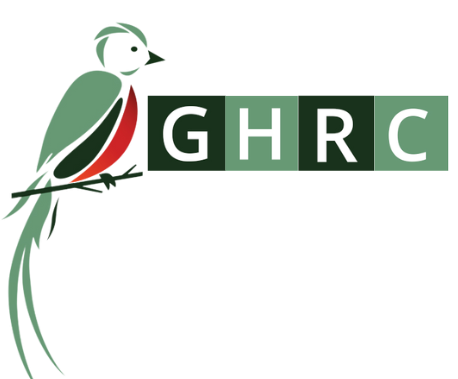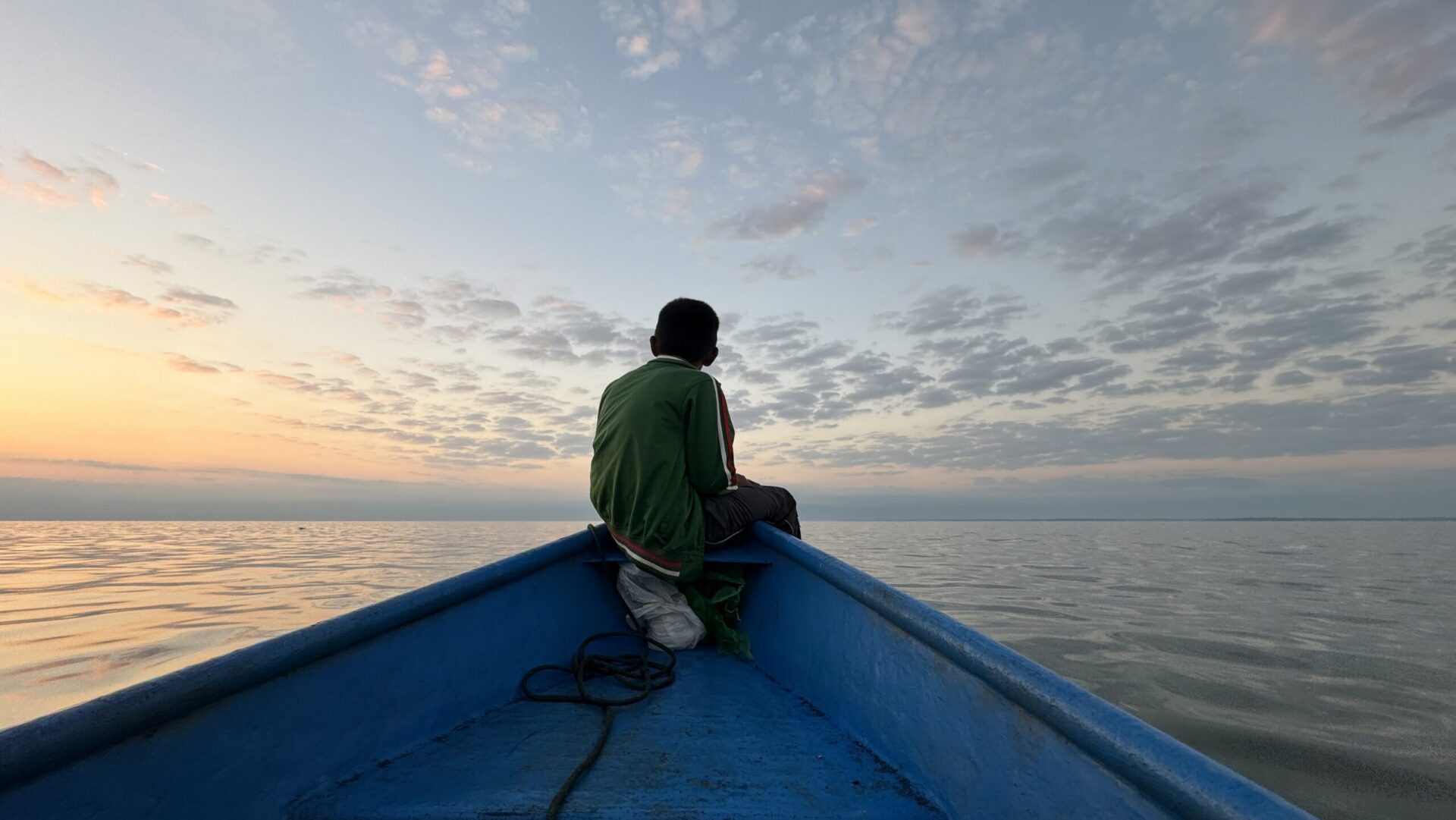54 Dead After Mexican Bus Carrying Central American Migrants Crashes
A trailer crammed with over 100 migrants overturned in Chiapas on December 9, leaving 54 dead. According to Luis Manuel García Moreno–Chiapas Civil Protection Secretary–the weight of the trailer compounded with the speed of the truck caused the trailer to flip off the truck bed, scattering the passengers across the highway. Mexican authorities identified 95 of the suspected 166 migrants riding on the truck to be from Guatemala.
President Giammattei extended condolences to the families of the victims, offering “all the necessary consular assistance including repatriations.” The office of the UN High Commissioner for Refugees (UNHCR) in Mexico condemned the unnecessary deaths of the migrants, arguing that “immigration alternatives and legal avenues are required to avoid tragedies like this one.”
State of Prevention Lifted in El Estor
On December 7, constitutional restrictions were finally lifted in El Estor with the end of the state of prevention. Since October 23, the community had been under a “state of exception,” first with a 30-day state of siege and then with a 15-day state of prevention. Established in the constitution, states of exception allow for the temporary suspension of rights and guarantees in order to “maintain public order.” For 45 days, police and military occupied the community of El Estor, harassing and intimidating community leaders involved in resisting an illegal nickel mine. Reliable reports, including testimonies taken by GHRC’s Guatemala team, reveal police and military personnel perpetrated human rights violations during the states of exception against community members, including sexual harassment, violence against youth, arbitrary arrests, multiple violent raids, surveillance, and other violations of rights. Despite calls from the Fisherman’s Guild, the Q’eqchi Council of Ancestral Authorities, and the Inter-American Commission on Human Rights, no investigation into abuses has been carried out.
GHRC Selects El Estor Resistance as Recipient of the 2021 Alice Zachmann Human Rights Defenders Award
The El Estor Resistance will receive the 2021 Alice Zachmann Human Rights Defenders Award. The ceremony will be held virtually on December 14 at 7 pm EST and will feature human rights defender Olga Ché. Accepting the award on behalf of the resistance, she will share with us their valiant struggle against the illegal mine that threatens their livelihoods. The event will be held in English and Spanish, with simultaneous interpretation. All are welcome. Register by filling out this form.
Appeal Hearing for Criminalized Defenders Suspended
The Criminal Chamber on December 6 ruled to suspend the hearing for the case of criminalized defenders Jorge Choc and Marcelino Xol. In 2019, following an irregular trial in violation of due process, the two were sentenced to 35 noncommutable years in prison for a murder they did not commit. Both are environmental defenders and members of the Campesino Committee of the Highlands (CCDA). According to the World Organization Against Torture, “Their story is emblematic of the battle for land, water, and other natural resources playing out in Guatemala.” Their defense team filed an appeal for cassation immediately following the verdict, but the case has been continually stalled. Originally planned for November 2020, the hearing was suspended until December 6, 2021. A new date has not been set.
Over 60 Organizations Appeal New Decrees Regulating Water
Organizations, Indigneous Authorities, and communities that make up the group “Friends for Water ” presented three appeals of unconstitutionality to the Constitutional Court, challenging new governmental agreements related to the management of water in Guatemala. The agreements seek to create new rules to regulate water, in addition to creating a new vice ministry. In a press conference, the group denounced the decrees for their exclusion of indigenous communities who value water as a sacred resource. According to Imelda Vicente of the Assembly of Peoples, Water, Life and Territory, “Since our grandparents, we have been the ones who take care of the water, but the companies come and take all that away. For us, the water is for everyone, but unfortunately it is being commercialized.” Emphasizing the failure of the government to conduct consultation with impacted indigenous communities, the group demanded that the implementation of the decrees be suspended until a proper consultation is carried out.
Conservative Think Tank Hosts Giammattei in DC
On December 6–days before the start of the Summit for Democracy, which the US did not invite Guatemala to participate in–President Giammattei gave the keynote address at the Heritage Foundation in Washington, DC, traveling to Washington in spite of the slight. He emphasized his administration’s alignment with US policy objectives, including its commitment to “democracy” and “human rights.” Recognizing recent tensions between his administration and the US, he stated, “We consider ourselves an ally and friend [of the United States], although some officials in this [Biden] government don’t understand this in its true dimension.” Giammattai met with several conservative news outlets while in Washington, including Fox News, where he confirmed in an interview that his administration has had limited contact with the Biden Administration.
The United States’ failure to extend an invitation to Guatemala to join the Summit for Democracy left Guatemala in the company of Cuba, Nicaragua, Venezuela, El Salvador, and Honduras. The State Department has not issued a public explanation for excluding Guatemala, but in a press briefing before the summit, Uzra Zeya, Under Secretary for Civilian Security, Democracy, and Human Rights, expressed concern over a downward trend in the Northern Triangle “with respect to the direction of the rule of law and governance and anti-corruption efforts.” In spite of this concern, and the message sent by leaving Guatemala out of the summit, Zeya had traveled to Guatemala in late November, where she held strategic meetings and “reviewed US government-funded programs that are advancing Guatemalan and US national security by enhancing law enforcement, reintegrating returned migrants, rehabilitating youth in conflict with the law, and increasing local capacity to respond to regional challenges such as narcotics trafficking and human smuggling.”

